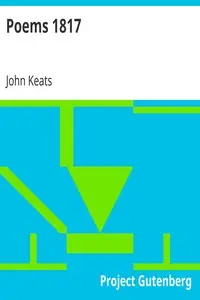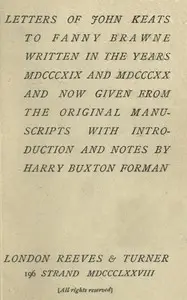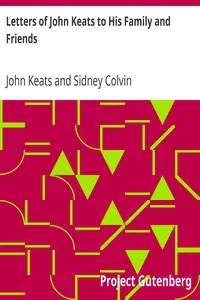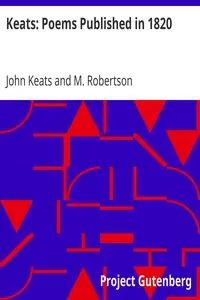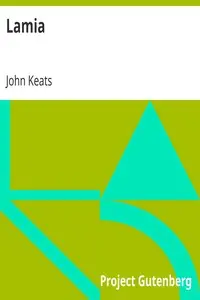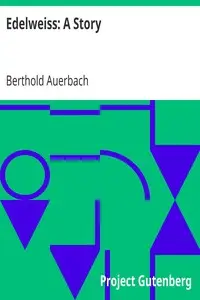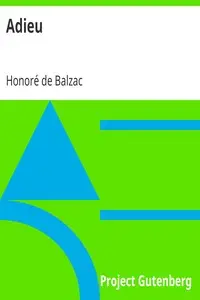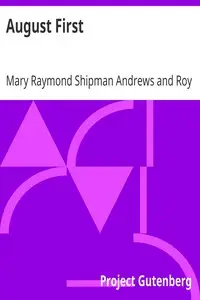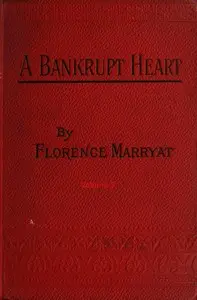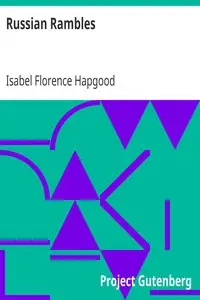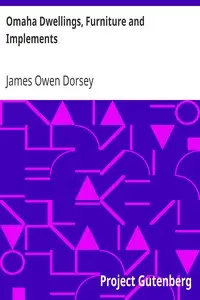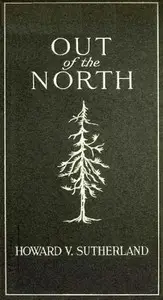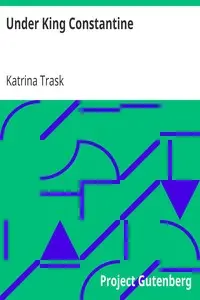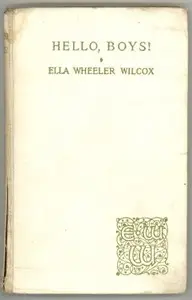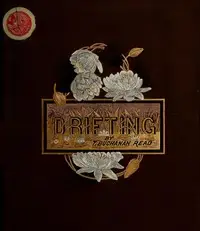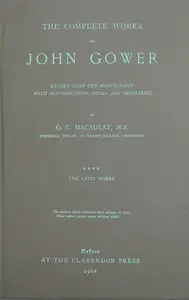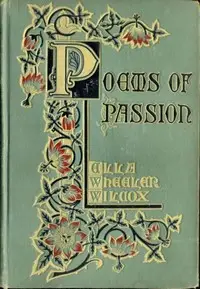"Endymion: A Poetic Romance" by John Keats is a narrative poem written in the early 19th century. It explores themes of beauty, love, and the power of the imagination through the tale of Endymion, a shepherd prince, and his deep and passionate yearnings. The poem intertwines mythical elements with profound reflections on life and dreams, inviting readers to journey into a world suffused with classical references and emotional depth. The opening of the poem sets a contemplative tone, as the author expresses his initial doubts and insecurities about his work, revealing personal vulnerability and a desire for artistry. It begins with a celebration of beauty, portraying how it is essential for human experience and joy, before transitioning into the lush, verdant setting of Latmos where Endymion lives. As he grapples with his dreams and desires, a group of children invokes the spirit of nature, suggesting an undercurrent of ancient mythology and the divine. The narrative then gradually introduces Endymion, who is portrayed as both noble and troubled, leading to a profound exploration of love, creativity, and the longing for transcendence that will unfold throughout the poem. (This is an automatically generated summary.)
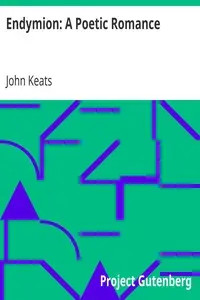
Endymion: A Poetic Romance
By John Keats
"Endymion: A Poetic Romance" by John Keats is a narrative poem written in the early 19th century. It explores themes of beauty, love, and the power of...
Free Download
Overview
About the Author
John Keats was an English poet of the second generation of Romantic poets, along with Lord Byron and Percy Bysshe Shelley. His poems had been in publication for less than four years when he died of tuberculosis at the age of 25. They were indifferently received in his lifetime, but his fame grew rapidly after his death. By the end of the century, he was placed in the canon of English literature, strongly influencing many writers of the Pre-Raphaelite Brotherhood; the Encyclopædia Britannica of 1888 called one ode "one of the final masterpieces".
Total Reviews
10.0k
Total reviews from Goodreads may change

